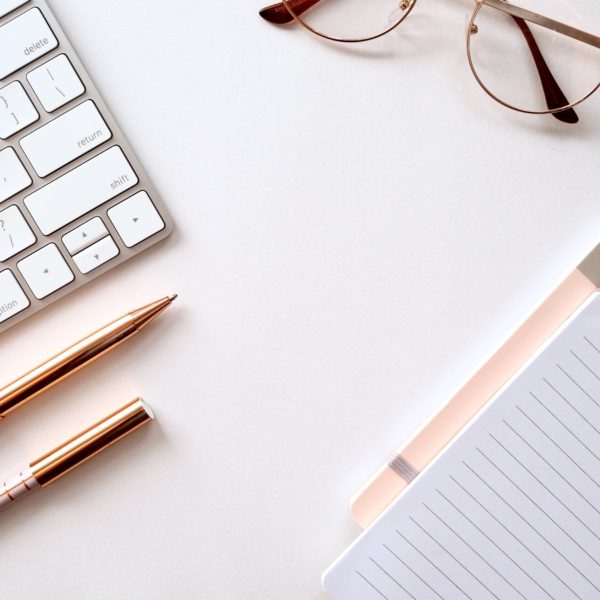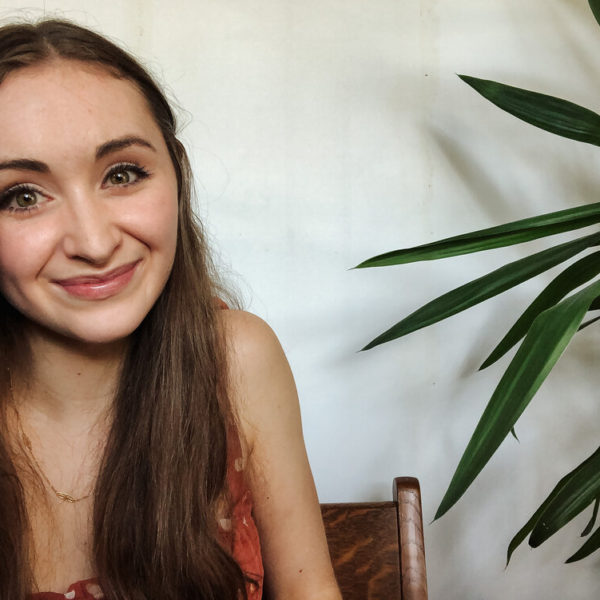Are you still using the same bank as your parents? Why?
Are you thinking that I’m crazy to write an entire blog post on this? Everyone knows what these accounts are, right?
Well, let’s take a deeper look. Before you can start to properly manage your money, you need to have the right foundations set in place.
Chequing vs. Savings
Chequing
You should have both a chequing and a savings account because they each serve their own important purposes.
Generally, a chequing account is what we use for most of our day to day transactions. You usually pay your bills from here and generally banks expect you to make lots of transactions here. They will not normally offer interest and will actually even charge you fees unless you keep a certain amount in there at all times.
Your chequing account is also normally where your income gets deposited into and so this is where your daily spending money hangs out. So on payday, this account will increase then decrease over the month as you spend or transfer money elsewhere. You shouldn’t have a huge stash of cash in here. Have just enough for your daily spending with a bit of a buffer so you don’t accidentally get hit with any overdraft fees.
There are surprisingly tons of different kinds of chequing accounts such as personal accounts but also specifically for students, seniors, businesses, couples or shared accounts, etc.
Savings
A savings account on the other hand isn’t used for day-to-day transactions. Usually banks will put penalties in place if you take money out of your savings account directly without transferring it to your chequing account first. Some online banks will simply require you to link your chequing account and that will be the only way to access the funds. Institutions will sometimes even limit the amount of transactions or withdrawals to as little as two per month for some accounts.
Savings accounts usually offer much higher interest rates so you will want to stash your cash here instead of in your chequing account. Your savings account should be for savings and you should only be taking money out of there for specific purposes.
Here are some things that you should be thinking about when looking at your current situation.
What Is Important To You?
What are some important perks you would like your account to include? Do you care about having a required minimum balance (I do!)? Would you like to have unlimited interac e-transfers or transactions without fees (yes please!)?
What sort of customer service would you prefer? Do you like being able to walk into an in-person branch or would you rather have no fees and a higher interest with an online only bank?
Each account at each bank will offer a different assortment of features. The perfect account at one bank might cost you $16 when another bank is offering the exact same thing simply online for less. Shop around keeping in mind what features are important to you.
Look At The Fees
Do you really need to be paying those fees? Do you even know if you are paying fees?
You might have a very complex account that requires you to pay a little bit more in fees. However, you might also be paying unnecessary fees without knowing it. If this might be you, go and check your statements, like right now! I’ll wait…
Did you know that you can simply apply for a credit card with a bank without having a chequing or savings account with them? Me neither! I have all my credit cards through just one bank because I seriously didn’t know this.
Did you know that you can have a chequing account at one bank and a savings account at another? I sure didn’t. While it is convenient to have all of your money and credit cards in the same place, you might not be able to find the best chequing and savings account for you. I am now with three different banks, one for my chequing account, one for my savings account, and another for my credit cards.
Unfortunately, we are not really rewarded for being great customers at banks. Why? Because they actually make more money off of you if you are a bad customer. For example, they’ll be able to charge you if you don’t have enough funds in the account or if you hold a balance on your credit card. That’s way better for them than you actually having the money and paying your balance on time.
Sometimes you need to hop between banks and take advantage of the better offers or sign on bonuses. Looking around at what other banks are offering can be a great opportunity to keep your money in your own pocket.
Look At The Interest Rates
Most chequing accounts do not pay you interest, but some actually do. Similarly, most big banks will pay you close to 1% in interest for basic savings accounts while other online institutions will pay you between 2-3.3% with no catch. In this case, interest works in your favour and rather than you paying the bank interest, the bank actually pays you!
My current savings account is set at 2.45%. I love knowing that the money I keep safe for travel expenses and emergencies is keeping up with inflation and actually beating it in a high interest savings account.
Wouldn’t it be nice for your safety money to still make money without needing to risk it in the stock market with your other investments? If you’re thinking about stashing a large sum of money in your chequing account, a crappy low interest savings account or simply shoving it under your mattress, think again…
Use Different Accounts To Your Advantage
I use my chequing account to receive my pay cheque and pay my bills. I have also set up automatic transfers into my savings and investment accounts to make sure I pay myself first. For you this might also include your rent or mortgage payments, heating bills, subscriptions, any fixed expense really.
I use my savings account to save up for my short term goals and emergencies. For me, this means saving up for annual travel, school applications, emergencies and charity.
You should be utilizing a savings account to help you build up funds to use over the next few years. Let’s say within 3-5 years to be conservative. Instead of risking losing that short term money in the stock market or letting it sit in your chequing account not making any money at all, take advantage of the interest and extra money the bank will literally pay you to keep there.
That trip to Bali next year? You should be able to pay for that out of your pocket without going into credit card debt or using a line of credit. Save up and reward yourself!
Can you think of some other expenses you could be saving for? Car insurance? Property taxes?
What about your emergency fund? What even is that?
Well, you should have cash in an easily accessible savings account ready to use when life doesn’t go as planned. My emergency fund is only $1,000 because I still live at home and could get by on $1,000 for an extended period of time if I really had to. If you have a rent or mortgage payment, dependents or any other responsibilities really, your emergency fund should be about 3-6 months of expenses in case you suddenly lost your job and had to live off of your savings until you found a new one. This safety net could add up to $15,000 or more for some people.
How much money would you or your family need to survive with no extras for 3-6 months with no income?
If you don’t yet have $1,000 saved in the bank for emergencies, you could start working towards that goal and continue from there if needed.
If you are not currently saving any money, I challenge you to start this week with just $1. Next week, $2, and so on and so on. In a years time you’ll be saving over $50 every week, no problem. You’ll also have over $1,300 in the bank for emergencies. Keep increasing by just one dollar each week until you hit the limit where you’re comfortable, then you can keep saving for other things too. It’s crazy how fast it can add up.
You want to be realistic and actually stick to it. Taking on too much at a time might scare you away from personal finance all together. Let’s not let that happen! Always keep your why in mind.
Once you have a savings account ready to back you at any moment, you won’t need to reach into debt to get you out of a sticky situation. You know the saying: hope for the best, but prepare for the worst.
All In All
Make sure to shop around on your own and avoid fees where you can. If you just walk into your current bank and ask them what the best option is, they’re just going to sell you their own products, which may or may not be in your best interest.
>
“Money is only a tool. It will take you wherever you wish, but it will not replace you as the driver.”
— Ayn Rand
Disclaimer: I am not a certified financial planner or investment advisor. The ideas posted on this website are my own opinions on how I manage my personal finances. The content is specifically for educational and informational purposes and is not considered professional financial advice. Everyone’s finances work differently and you will have to do your own due diligence before making any financial decisions.








Leave a Reply